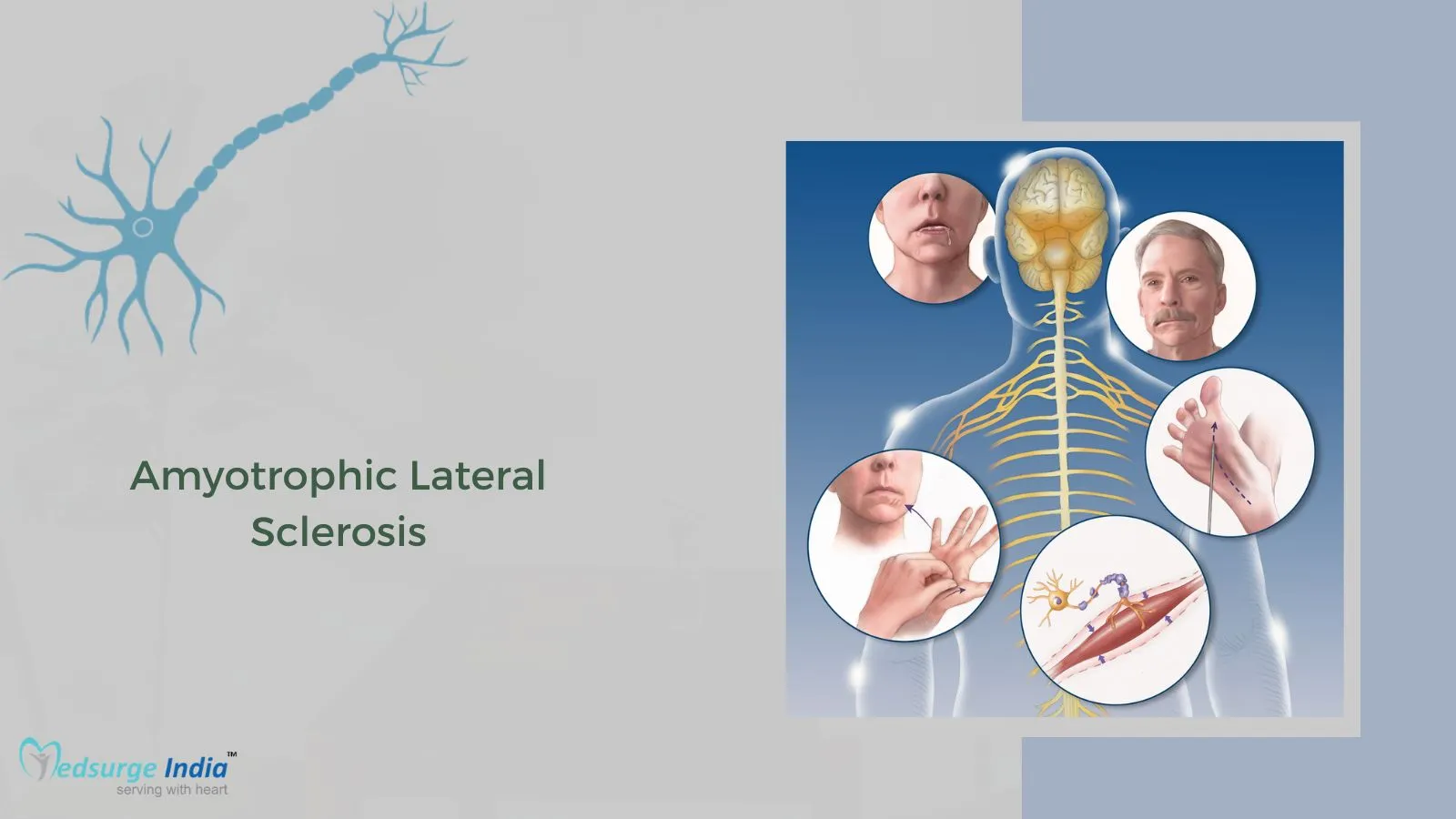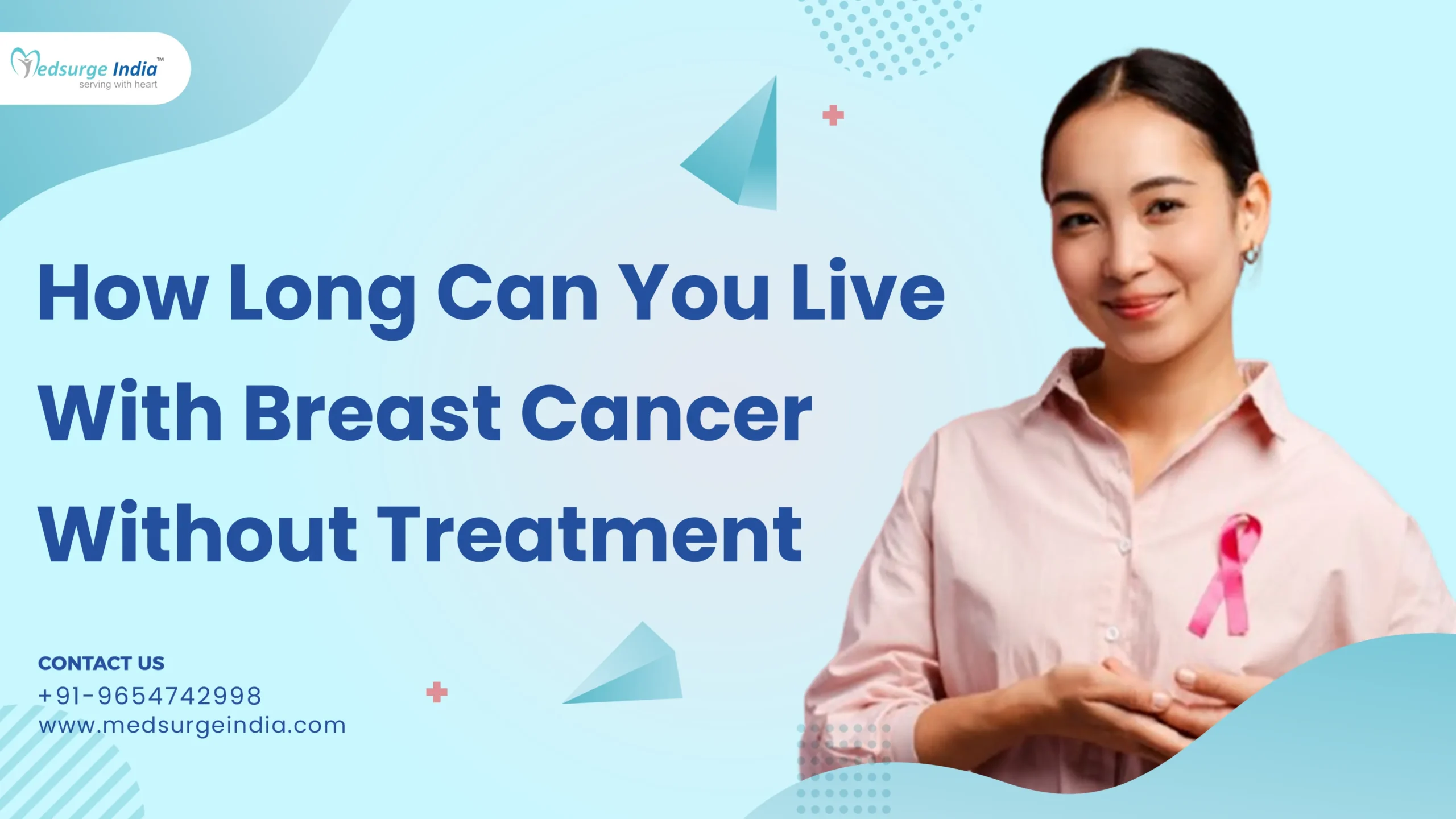
Amyotrophic Lateral Sclerosis: Symptoms, Causes and Treatment
ALS, or Amyotrophic Lateral Sclerosis, is a kind of neurological disorder that affects motor neurons. It is sometimes referred to as Lou Gehrig’s disease. Motor neurons, which regulate your voluntary muscles, are affected by ALS. Voluntary muscles are used for tasks such as chewing, talking, and moving your arms and legs.
ALS is a progressive disease, which means that the symptoms worsen over time. Your muscles begin to atrophy or waste away if you have ALS. As you age, your muscles weaken, making it difficult to walk, talk, swallow, and finally breathe. The majority of persons with ALS die from respiratory failure, which occurs when the lungs are unable to deliver enough oxygen to the blood.ALS has no effect on mental functioning or senses (such as vision or hearing), and it is not communicable. There is currently no cure for this condition.ALS usually affects adults of any race or ethnicity between the ages of 40 and 70, though it can strike at any age.
Types of ALS
- Sporadic ALS: It accounts for 90% to 95% of all ALS cases. This suggests that the disease strikes at random. There is no apparent risk factor or family history of the condition.
- Familial ALS: Also known as genetic ALS, affects 5% to 10% of adults with ALS. It occurs when one or both of your parents inherit the disease. The condition is passed along by genetic mutations or changes in families.
Symptoms of Amyotrophic Lateral Sclerosis
ALS symptoms vary considerably from person to person. The symptoms are determined by which nerve cells are impacted. ALS usually starts with muscle weakness that spreads and worsens over time. Symptoms could include:
- Walking and other daily activities are difficult.
- Falling and tripping.
- Leg, foot, or ankle weakness.
- Hand clumsiness or weakness.
- Slurred speech or difficulty in swallowing.
- Weakness followed with cramping and twitching in the arms, shoulders, and tongue.
- Crying, laughing, or yawning at the wrong time.
- Thinking or behavioral changes.
ALS frequently begins in the hands, feet, arms, or legs. The condition then spreads to other parts of the body. As more nerve cells die, muscles get weaker. Chewing, swallowing, speaking, and breathing are all affected.In the early Stages of ALS, there is usually no pain. Pain is also rare in the later stages. ALS hardly affects bladder control. It also has no effect on the senses, including the ability to taste, smell, touch, or hear.
Fasciculations are muscle twitches that are common in people with ALS. While they are not painful, they can be annoying and interfere with your sleep. Fasciculations can occur in a variety of disorders and are not always indicative of ALS.
Causes of Amyotrophic Lateral Sclerosis
Researchers have no idea what causes ALS. They believe it is due to a mix of variables, including:
- Genetics: Motor neuron breakdown may be caused by mutations or alterations in certain genes.
- Environment: Exposure to certain harmful substances, infections, or physical trauma may trigger ALS.
ALS damages the nerve cells that regulate voluntary muscular movements such as walking and talking. These nerve cells are known as ‘motor neurons’. There are two types of motor neurons. The first group includes everything from the brain to the spinal cord to the muscles throughout the body. They are known as ‘upper motor neurons’. The second group spreads from the spinal cord to muscles throughout the body. They are known as ‘lower motor neurons’.
ALS causes both sets of motor neurons to degenerate and eventually die. Motor neurons that suffer damage stop transmitting messages to the muscles. As a result, the muscles are unable to work.
A hereditary cause can be found in roughly 10% of patients with ALS. The reason for the remaining cases is unknown.
Researchers are still looking at the causes of ALS. Most hypotheses revolve around the complicated interaction of genes and environmental variables.
Treatment
ALS has no known cure. However, medication can help to delay the progression of the condition. The correct treatment strategy can assist you in remaining as comfortable and independent as possible.
Treatment of Amyotrophic Lateral Sclerosis in India include:
- Medication: To treat muscle cramps, excessive saliva, and other symptoms.
- Physical therapy: To assist you in remaining mobility. It can help with muscle stiffness, cramping, and fluid retention.
- Nutritional counseling: It guarantees that you consume a healthy, well-balanced diet. When swallowing becomes problematic, a dietitian can propose other foods.
- Speech therapy: Teaches you safer swallowing techniques, and communication training helps you retain verbal communication for as long as feasible. You could also master nonverbal communication skills.
- Assistive devices: Such as splints, braces, grab bars, and reach devices, can help you maintain your independence. You utilize these technologies to dress, eat, use the bathroom and shower.
- Special Equipment: Wheelchairs and electric beds that can help you operate independently.
Medication
The Food and Drug Administration of the United States has approved two medications to treat ALS:
- Riluzole: It may assist to minimize motor neuron deterioration. It may extend survival by a few months, but it cannot undo previous damage.
- Edaravone: It has the ability to slow the deterioration in someone’s functioning.
Additional medications may help in the management of ALS symptoms. Drugs may help with muscle cramps, stiffness, and excessive salivation. There are other medications available to aid with pain, depression, sleep issues, and constipation.
Prevention
There is no known method of preventing ALS. You can participate in clinical studies and the National ALS Registry if you have ALS. This can aid in the understanding of the condition. As researchers understand more about ALS, they will be able to learn more about its causes and risk factors. This knowledge could lead to better preventative measures and therapies.
Conclusion
Amyotrophic lateral sclerosis (ALS), sometimes known as Lou Gehrig’s disease, causes progressive muscle weakening. ALS symptoms include trouble controlling muscles, such as when writing or chewing. People with ALS eventually lose their ability to walk, swallow, and even breathe. However, ALS treatments such as medication and therapy can help patients with the disease live as long and as independently as possible. If you detect any unusual muscle difficulties, consult your doctor. Perhaps you’ve started tripping more frequently or are having difficulty buttoning your shirts. A provider can assist you in obtaining the diagnosis and treatment you require to feel your finest.











